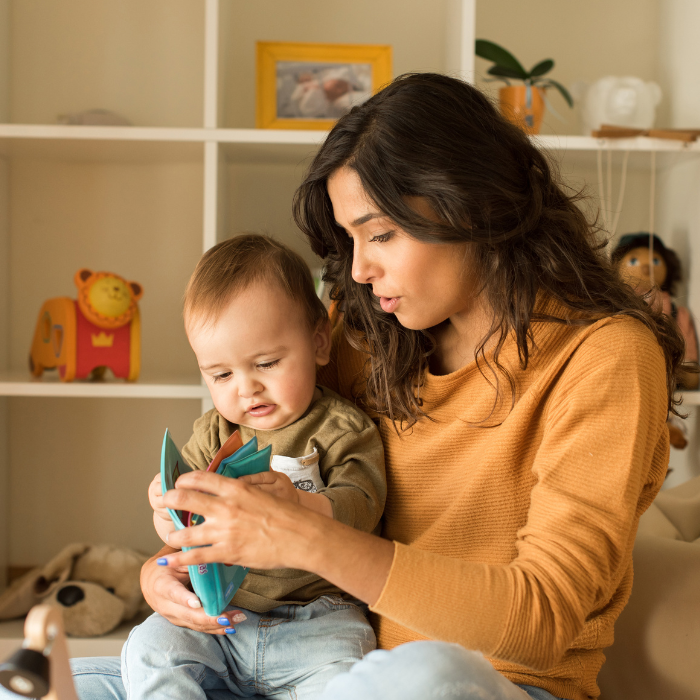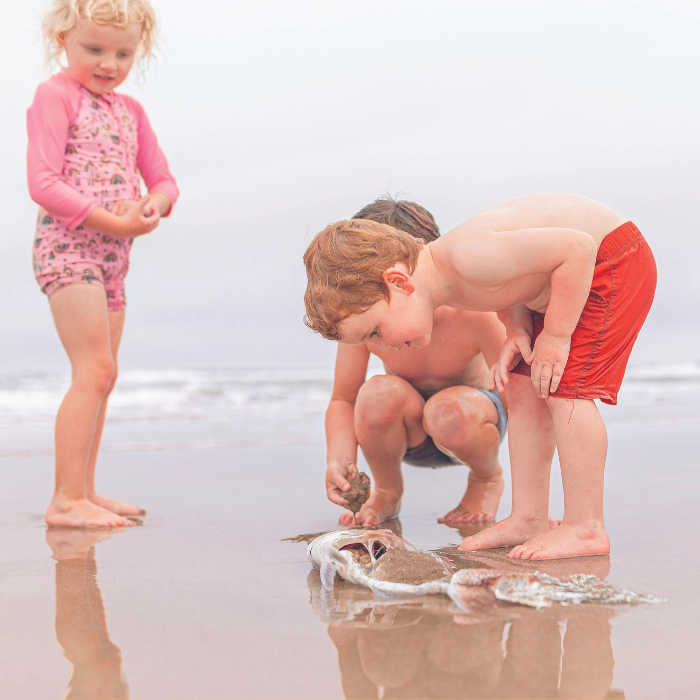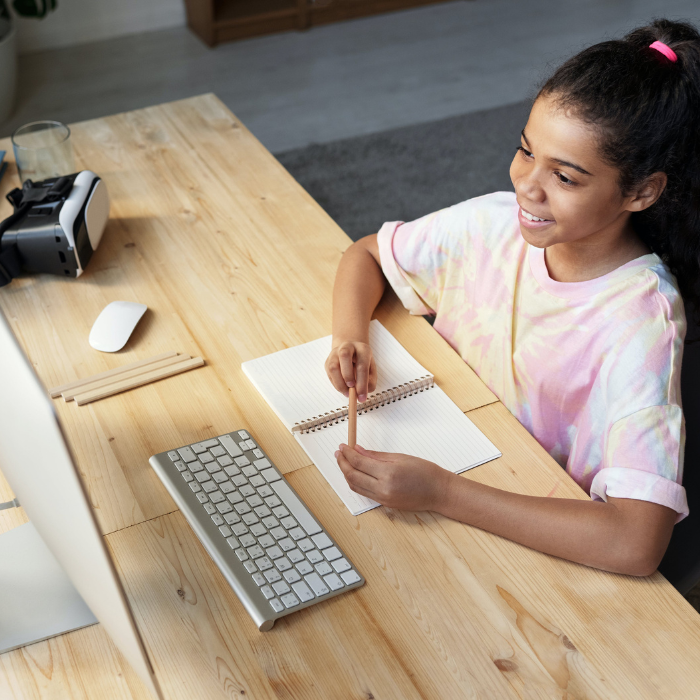
Do you find it hard to persuade your child to read purely for pleasure? Knowing what we do about how important reading skills are for children to succeed at school, here are some fun ways to encourage a focus on books and literacy in your home.
Ideally, school-age children should spend 3–4 hours a week reading for pleasure – either independently or through shared reading experiences with a more competent reader. To encourage this, children need to have access to a variety of texts and time to read them. They also need to be familiar with the library and be able to source and use information from reference books and internet search engines to answer a question.
fun ways to promote reading for pleasure
- Produce a list of vocabulary that is associated with professions your child may be interested in.
- Develop your child’s vocabulary by putting a word in the centre of a wheel and giving the child a set period of time to write synonyms and antonyms for it.
- Foster your child’s ability to learn definitions of words by choosing words from the dictionary and giving five definitions for each one: four that are fictitious and one that is accurate. The child must try to determine which is correct.
- Create an exhibit of recipes and menus.
- Promote comprehension by cutting newspaper articles in half vertically and asking the child to guess what the article may be about. Have them complete the other half of the article, then give them a copy of the full article so they can check their predictions. Similarly, give the child the titles of books and ask them to write a paragraph on what they think they are about, then allow them to read the story to determine their accuracy.
- Design a reading record by drawing a picture of something the child likes, e.g. cars, ice cream, animals. Divide and cut the picture into pieces and have the child rebuild it as they read particular books. Alternatively, encourage the child to read non-fiction texts and grow a tree of knowledge. Put a trunk up on the wall and add leaves recording each book the child reads. Depending on the age of your child, other reading records might include a caterpillar, sailboats, kites, gardens.
- Ask an older child to read to a younger child, or to read books onto tapes for a younger child to listen to.
- Visit different types of libraries, e.g. school, community, mobile.
- Create a treasure hunt with clues relating to characters or events in books. The child then works out which book it is from to find the next clue.
- Pick a word of the week. Each day, give a clue as to what the word might be. The child tries to guess it and on Friday, you announce the winner.
- Have your child design the perfect reading nook.
- Have a comic corner in which you laminate and display a different comic strip each day.
- Ask your child to write a sequel to their favourite book.
- Find humorous books to read aloud.
- Read Around The World: Position a map on the wall and attach a string to it when a child has read a book either by an author of a country or one set in various countries.
- To monitor reading mileage, have a world trip theme. Put countries’ shapes all around the room. Have your child make a plane. As your child reads a book, record it in a passport. Then they can fly their plane to the next country. Stamp the country using a flag representation in their passport. Give air points to redeem for incentives for each flight made.
- Encourage children to read a diverse range of books by requiring them to read one of each of these genres: adventure, animal, classic, fairy tale, humour, family, mystery, historical, science fiction, play, sports, biography, poetry, travel, science, newspaper, magazine, encyclopaedia, school journal, fantasy, myth legend, comic, picture book, etc.
- Ask your child to rewrite stories they have read from different characters’ points of view, e.g. the big bad wolf in the Three Little Pigs story.
- Invite children to list the most important 100 words in the English language that they would take to another planet.
- Introduce 3-minute reads at breakfast: Monday, the child reads out loud three jokes; Tuesday, reads out an item from the Guinness Book of Records; Wednesday, reads out a news story from the internet, etc.
- Persuade children to compile a Christmas wish list of books by visiting a book shop and taking note of the titles they like.
library knowhow
- To assist with familiarising children with the library, ask them to draw a map detailing the entrance, issue desk, return bin, non-fiction shelves, reference books, catalogues, subject index, periodicals, vertical file, book displays, and notices.
- To become proficient in using encyclopaedias, children could ‘find a fact’ in 5 minutes on a given subject.
- To practise alphabetical order, children could arrange book titles in order.
- To enhance dictionary skills, give three words and have your child pick the correct one to finish a sentence, e.g. the area was detrimental/desolate/deciduous.
- To gain skills in how to use the Dewey system, find the name and number of a book under each section and give children the task of finding the section that book is in. Or get them to write a story using Dewey numbers, e.g. I opened the window to let the 523 in then patted the 623.
- Complete a family assignment called Alphabet Stew. This requires each member of the family to pick different letters of the alphabet and conduct speedy research on something beginning with that letter, e.g. A for Australia, Z for zebra. At the end, compile the work together to form a complete alphabet book of research.
[byline]
Paula Galey (M Ed Psych (hons) Hdip Tchg) is a teacher who specialised in working with students with learning and behaviour difficulties. She currently writes educational resources while raising her three children.
[/byline]








